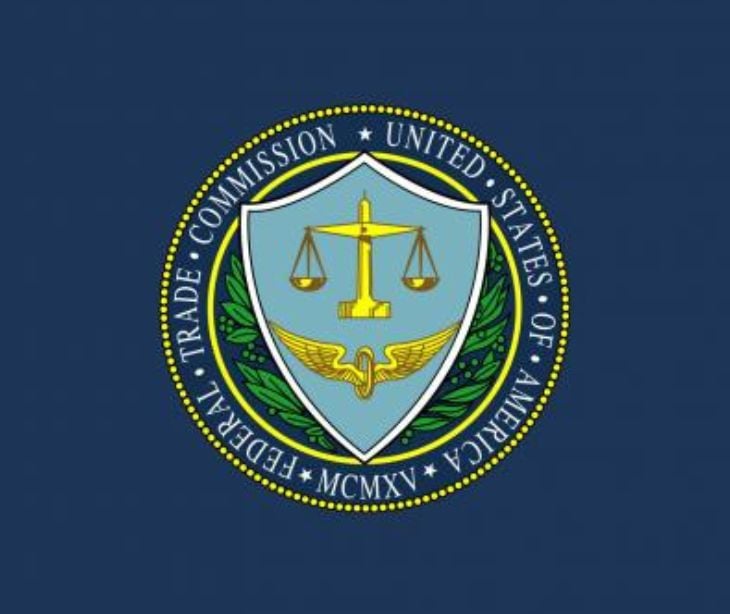2 min read
FTC settles $1.9M case against Evoke Wellness for deceptive ads
Gugu Ntsele Jun 28, 2025 6:00:32 PM

The Federal Trade Commission announced a $1.9 million settlement with Florida-based Evoke Wellness and two corporate officers on June 10, 2025, resolving allegations of deceptive advertising and telemarketing practices targeting individuals seeking substance use disorder treatment.
What happened
The FTC filed a complaint alleging Evoke Wellness engaged in a classic bait-and-switch scheme. The company allegedly purchased Google search ads that prominently displayed the names of competing treatment centers. When consumers clicked those ads believing they were contacting the named facility, they were instead routed to Evoke's internal call centers. Representatives answering calls were trained to reinforce the deception, often falsely stating they were calling from or affiliated with the facility the consumer originally searched for.
The FTC alleged violations of both the FTC Act and the Opioid Addiction Recovery Fraud Prevention Act of 2018 (OARFPA). The proposed order was voted on unanimously by the Commission 3-0. The settlement includes a partially suspended $7.5 million judgment reduced to $1.9 million based on defendants' inability to pay, plus broad injunctive relief.
Going deeper
The stipulated order imposes restrictions on Evoke and its principals. They are permanently prohibited from misrepresenting any affiliation with other treatment centers or third parties and from using competitors' names in misleading ways in advertisements. The order requires implementation of a compliance monitoring program with specific obligations for overseeing call center practices and disciplining employees who deviate from approved scripts.
What was said
"Opioids have ravaged American communities, killing well over one hundred Americans per day and ruining the lives of countless others," said FTC Chairman Andrew N. Ferguson. "Today's settlement helps consumers affected by opioid addiction navigate their path to recovery by preventing fraudsters from leading them astray. The Commission will continue to take every action it can against those who prey on our nation's vulnerable in their time of need."
According to the FTC's complaint, when consumers called Evoke's numbers, "telemarketers typically posed as a centralized admissions office or addiction treatment hotline, rather than a call center associated with Evoke." The telemarketers "consistently reinforced the ad's deception by falsely claiming to have a relationship with the clinic the consumer was trying to contact."
By the numbers
- Settlement amount: $1.9 million
- Original judgment: $7.5 million (suspended due to inability to pay)
- Commission vote: 3-0 unanimous approval
- Settlement date: June 10, 2025
In the know
The Opioid Addiction Recovery Fraud Prevention Act of 2018 (OARFPA) is a federal law that provides the FTC with additional enforcement tools specifically targeting deceptive practices in substance use disorder treatment marketing. This case demonstrates that the Ferguson-led FTC continues to utilize OARFPA as an enforcement mechanism.
While federal courts in Lanham Act cases have established that bidding on competitor brand names in search ads is usually permissible, the FTC's action signals that doing so in ways that mislead consumers about the advertiser's identity—especially when combined with false claims—crosses into deceptive and illegal territory.
Why it matters
This settlement targets vulnerable individuals seeking substance use disorder treatment, a population already facing health crises. The case establishes that healthcare marketers face liability not just for ad content but for all consumer interactions, including call center scripts and agent training.
For the substance abuse treatment industry specifically, this creates a clear precedent that deceptive lead generation tactics will face aggressive FTC enforcement under the OARFPA framework. The case also signals that new FTC Chairman Andrew Ferguson's promise of vigorous law enforcement is being implemented through concrete actions targeting sensitive healthcare sectors where consumer harm is amplified.
FAQs
How can consumers verify the legitimacy of addiction treatment centers they find online?
Consumers should cross-check treatment center details on official websites and verify phone numbers before engaging.
What are the key differences between FTC Act and OARFPA enforcement?
The FTC Act broadly covers unfair and deceptive practices, while OARFPA specifically targets fraud in addiction treatment marketing.
What compliance tools can treatment centers use to monitor call center behavior?
They can deploy call recording, real-time auditing, and script adherence software to ensure compliance.


%20-%202024-10-15T195322.633.jpg)

